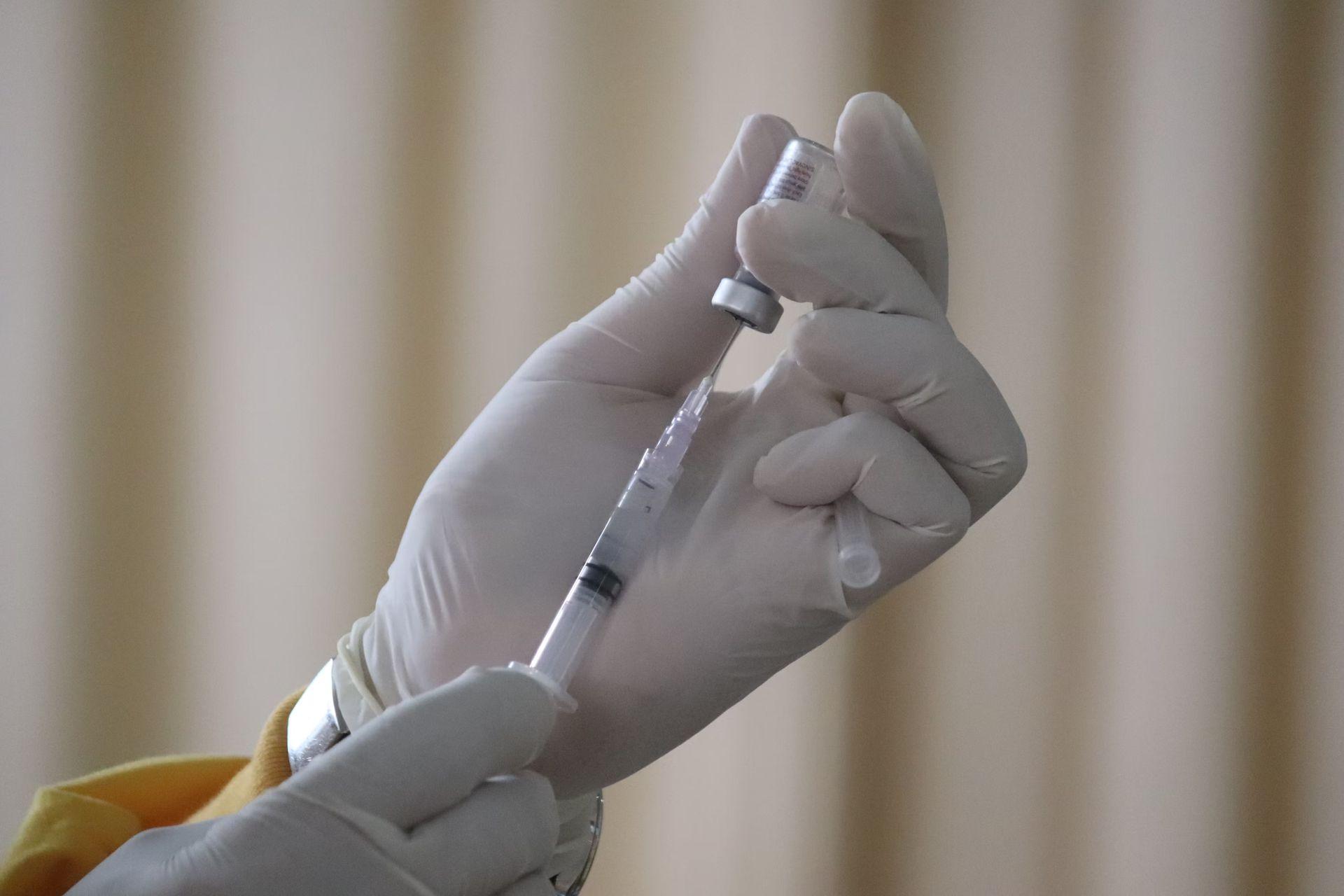In a landmark development, the largest COVID vaccine study ever, encompassing data from 99 million people across eight countries, has identified some potential risks associated with the shot. Researchers from the Global Vaccine Data Network (GVDN) analyzed the data to track any increases in 13 different medical conditions in the period after individuals received a COVID vaccine, reports Fox News.
Largest COVID vaccine study ever reveals some concerns
The largest COVID vaccine study, published last week in the journal Vaccine, revealed a slight uptick in neurological, blood, and heart-related medical conditions following vaccination, according to a GVDN press release. Notably, individuals who received certain mRNA vaccines exhibited a higher risk of myocarditis, an inflammatory condition affecting the heart muscle. Some viral-vector vaccines were linked to an increased likelihood of blood clots in the brain and Guillain-Barre syndrome, a neurological disorder.
The press release further stated potential risks like inflammation of the spinal cord after viral vector vaccines, and inflammation and swelling in the brain and spinal cord after both viral vector and mRNA vaccines.
“The size of the population in this study increased the possibility of identifying rare potential vaccine safety signals,” emphasized lead author Kristýna Faksová, Department of Epidemiology Research, Statens Serum Institut, Copenhagen, Denmark. “Single sites or regions are unlikely to have a large enough population to detect very rare signals.”

Independent experts weigh in on the findings
Dr. Marc Siegel, a clinical professor of medicine at NYU Langone Medical Center and a Fox News medical contributor, while not directly involved in the research, commented on the results. He acknowledged the study’s findings reveal “some rare association of the MRNA vaccines and myocarditis, especially after the second shot, as well as an association between the Oxford Astra Zeneca adenovirus vector vaccines and Guillain Barre syndrome.”
Crucially, Dr. Siegel stressed that “these risks are rare,” citing other studies demonstrating that the vaccines significantly reduce the risk of myocarditis compared to contracting COVID itself. He emphasized that all vaccines have side effects, prompting the necessity of a risk-benefit analysis for each individual, considering the potential consequences of both vaccine side effects and contracting the virus itself, including long-term complications like brain fog, fatigue, cough, and heart issues.
How artificial intelligence can fight Long COVID
Dr. Jacob Glanville, CEO of Centivax, a San Francisco biotechnology company, echoed Dr. Siegel’s sentiment. He stated that the largest COVID vaccine study “is confirming in a much larger cohort what has been previously identified in the original studies during the pandemic,” referring to the rare occurrence of myocarditis and pericarditis with mRNA vaccines and blood clots with viral-vectored vaccines. He reiterated that “the odds of all of these adverse events are still much, much higher when infected with SARS-CoV-2 (COVID-19), so getting vaccinated is still by far the safer choice.”

Significance of the research and broader context
This largest COVID vaccine study forms part of the Global COVID Vaccine Safety (GCoVS) Project, a wider research initiative supported by the Centers for Disease Control and Prevention (CDC) under the U.S. Department of Health and Human Services (HHS). It’s worth noting that over 80% of the U.S. population has received at least one dose of the COVID vaccine, as per the CDC.
While the study identifies some potential risks, it reinforces the crucial message of weighing the risks and benefits of vaccination in consultation with healthcare professionals. The findings don’t necessitate a radical shift in perspective, but rather, provide further evidence for informed decision-making regarding individual health and protection against a potentially severe and long-term illness.
Featured image credit: Daniel Schludi/Unsplash






